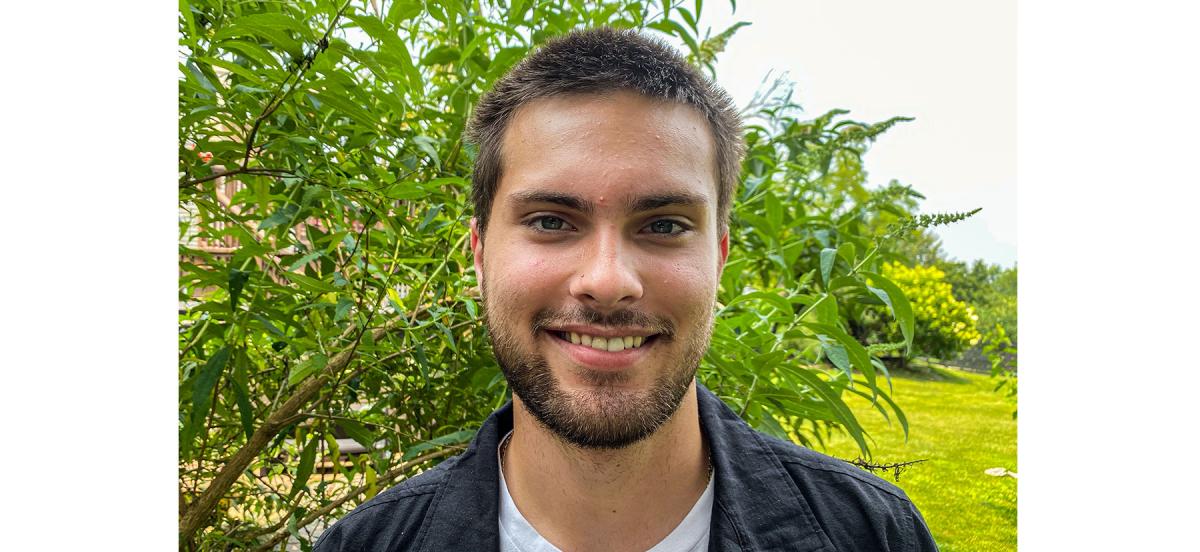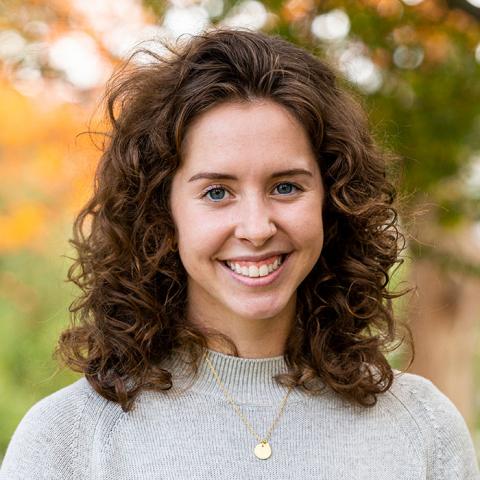Summer Centered: Luke Sheppard '24 Learns About Our Legal System

Luke Sheppard's internship is sponsored by the CCPA's Liberal Arts in the Workplace Fund.
Details
The rising sophomore is interning in Dauphin County Bar Association’s pro-bono department.
Luke Sheppard ’24 is observing the inner workings of our justice system and social-assistance programs this summer as an intern in Dauphin County Bar Association’s pro-bono department. The department works with Mid-Penn Legal Services to offer services to low-income individuals in Central Pennsylvania. His internship is sponsored by the Center for Career and Professional Advising’s Liberal Arts in the Workplace Fund.
One of Sheppard’s focuses has been the Bar Association’s free eviction-mediation clinics. The Dauphin County Bar Association offers free mediation services to renters and landlords so that disputes can be sorted out without landlords evicting a tenant or pressing legal charges. The clinics started at the beginning of the COVID-19 pandemic when many renters lost sources of income and had trouble making rental payments, but with many individuals recovering from months of unemployment or still out of work they are continuing to offer services.
Sheppard has been working to advertise the program, reaching out to media outlets, and going door to door. They hope that Harrisburg city officials make such mediation clinics mandatory, as Philadelphia has done. Otherwise, with eviction moratoriums ending this month, many renters in Harrisburg will face eviction.
“Through stimulus legislation, counties across Pennsylvania have received money to give to renters in need,” said Sheppard. “Unfortunately, many local and state-level government agencies are backed up and renters are having to wait months to receive this help.”
Free eviction clinics are among the many free services offered by Dauphin County Bar Association. Sheppard, a prospective anthropology or sociology major and Africana studies minor, has learned the importance of being intentional in designing these programs to make sure they are accessible.
“The office I work in offers a wide range of services and programs all of which are great, but what I have witnessed is the difficulties for low-income individuals [in accessing them],” he said, “such as having a printer to print and complete long applications, transportation to courthouses and program buildings, technology to communicate by email or Zoom, and having time between long workdays. All of these are things we take for granted and then expect others to have and utilize. I admire the people I have met through our programs who, despite the circumstances, still persevere.”
“Summer Centered” is a series exploring our students’ campus-supported summer work.




